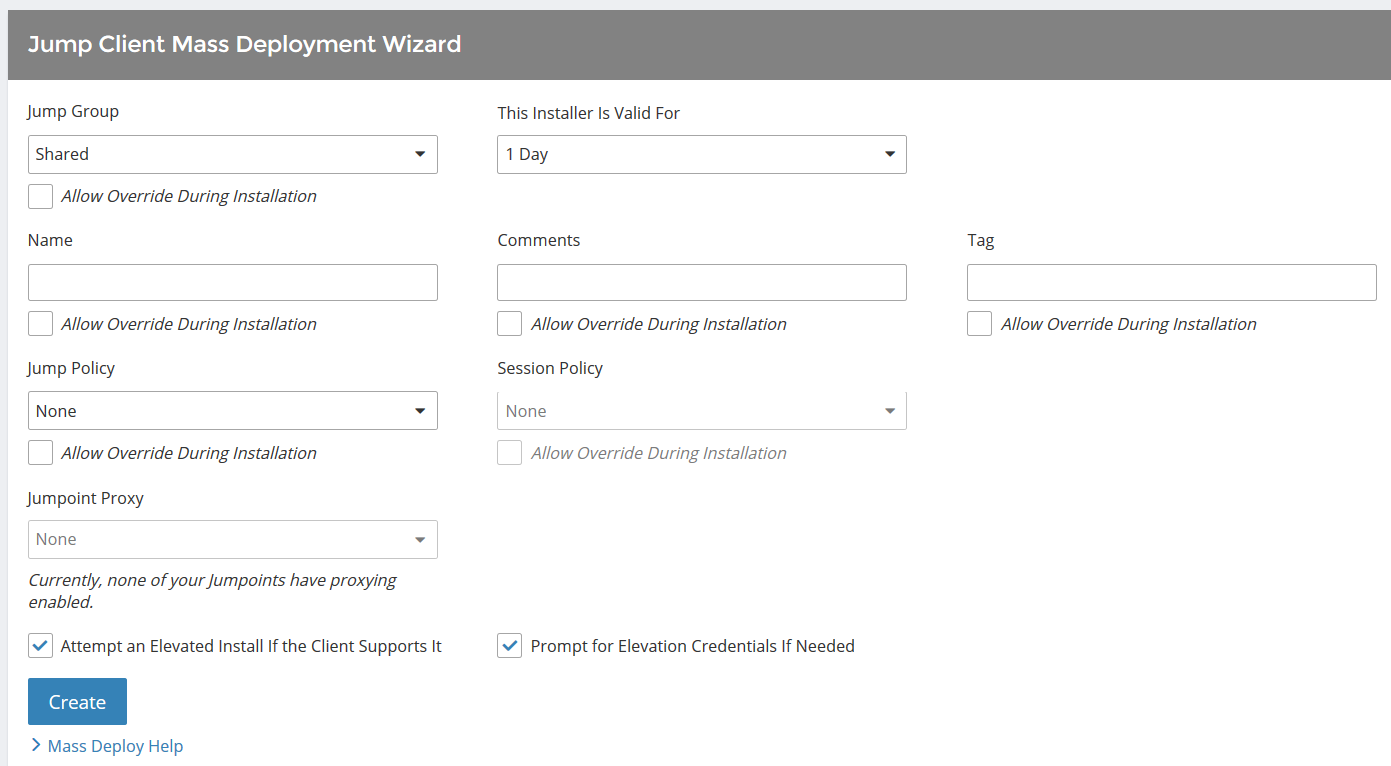
These policies apply to all IT services and activities including remote assistance using Bomgar or any other remote assistance tool. Policies are in place to protect both the end-user and IT staff against breaches of privacy, and to define the appropriate use of technology. How is my privacy protected? What is acceptable use of Bomgar? The TSP, his/her supervisor, senior IT management, IT security, and the Audit office have access to this information for quality control, security, and auditing purposes. The log will show, for example, that the TSP asked to share your screen and share control of your mouse, but it will NOT show what applications were opened or the contents of any file, email message, etc. A log is automatically kept of any chat activity, along with all requests for access made by the TSP. While Bomgar has the ability to record video of sessions, this capability is globally disabled at Cornell. You can end the session at any time by clicking STOP SHARING, which appears on your screen during the entire session. In this example, the TSP would NOT know what you typed. You would then use your keyboard to enter the password. For example, the TSP may open an application that requires you to enter a password. We recommend that you NOT take any actions unless specifically requested to do so by the TSP. What if I move my mouse or type on my keyboard?īy default, if you use your mouse or keyboard, it overrides the TSP's actions. Most often, the TSP will be on the phone with you, or remain in contact with you via a chat window on your screen. They will share control of your mouse pointer, and keyboard. The TSP who initiates the session will be able to see exactly what you see on your screen. What does it mean for me to accept a Bomgar session?


If you are an end user, you do not need a Bomgar account. Your IT Director makes the determination whether their group uses Bomgar and, if so, who has access. If you are in such a role, Bomgar provisioning is tied to CornellAD groups associated with colleges and distributed units. The Bomgar tools (the Representative Console) are only available for people in designated IT support roles. They may also decide that responding by email, phone, or an in-person visit is a better approach. The TSP responding to your issue will determine whether Bomgar is an appropriate tool for your situation. You should continue to report problems and request assistance the way you always have.

See our Bomgar Basics and Accept a Bomgar Invitation articles for information on how the session is initiated.

For a typical session, the TSP will contact you to request a Bomgar session. Who is allowed to use Bomgar to access other computers?Īccess to Bomgar is limited to people in designated IT support roles.ĭoes this mean someone can access my computer whenever they want to? Any network connection will work (that is, there is no need for additional security measures, such as VPN). Both the end-user and the TSP can be in any location. The feature set differences, and security concerns associated with a cloud service prevent Zoom and friends from being our tools of choice for IT support needs. Zoom and other web conferencing tools are designed for a much broader audience, to use for giving presentations to remote audiences, and has a feature set largely geared for that purpose. What's the difference between Bomgar and Zoom/Skype?īomgar is intended for use by Technical Support Providers.


 0 kommentar(er)
0 kommentar(er)
